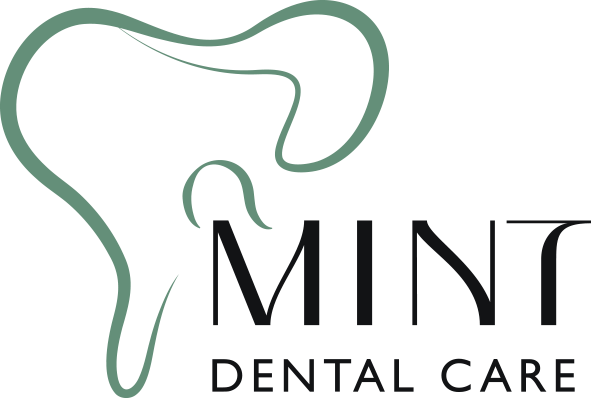Blog

The Value of Prevention in Dentistry
Triggered by the Covid-19 pandemic and the suspension of dental treatments, the value of prevention comes to the surface once again. A well-known and often repeated topic. We all understand the importance of prevention in our lives, in Medicine, and in Dentistry.
We have all heard the Hippocratic saying:
"Prevention is better than cure."
We embrace it... theoretically, or do we?
What actually happens in practice?
Do we keep all this in mind when our dentist tells us that we have 2 teeth with early cavities and will need 2 preventive fillings?
What do we think when a root canal treatment (endodontic therapy) is finished on a posterior tooth and the dentist advises us to proceed with a crown to avoid future tooth fracture?
Do we understand why the dentist insists on the necessity of regular dental check-ups and cleanings?
The counterarguments often come almost reflexively:
"I’m not in pain... why should I get fillings?"
"My diet is soft, so my teeth aren’t at risk of breaking."
"The treatment will cost me a lot of money!"
But is that really the case?
It is indisputable that Prevention costs the patient far less in the long run than delayed treatment, which is usually more complex.
Many diseases progress silently and insidiously, and the patient only experiences symptoms when it’s already too late.
(For example, periodontal disease may cause symptoms such as mobility of one or more teeth when it is already too late for their prognosis.)
In conclusion, it should be noted that great forces are exerted both during chewing (normal function) and even more so during parafunctional habits.
One example of a parafunctional habit is Bruxism (teeth grinding), which unfortunately is common, especially during periods of increased stress like the one we are currently experiencing.
Therefore, prevention is the cornerstone of Dentistry and will save us from many unpleasant situations.
Situations that unfortunately arise at the most inconvenient times.
